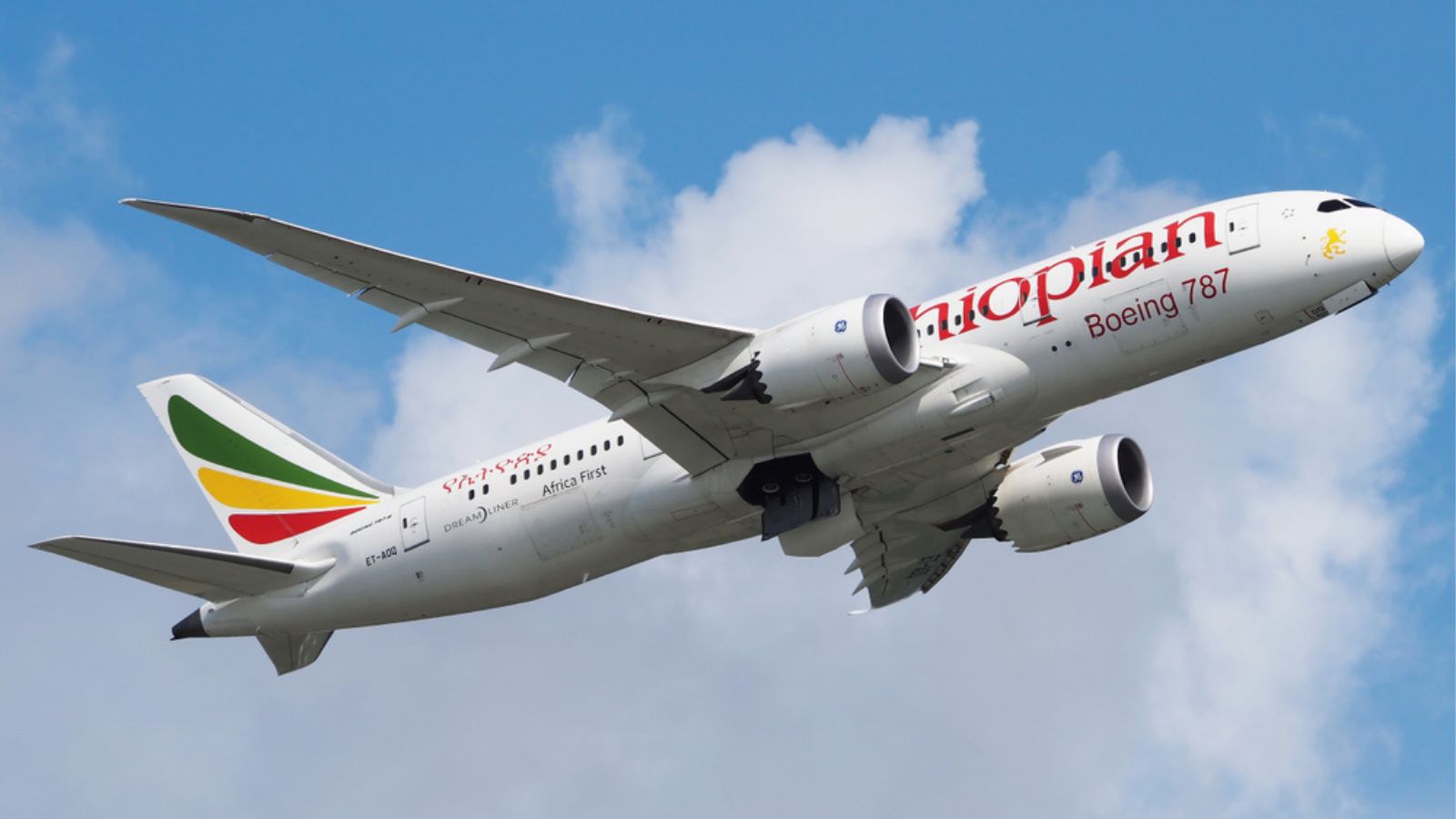We’ve all been there, you are in a rush to get somewhere and suddenly hit a traffic jam, roadworks sign with no one working, or just a set of dodgy lights - finding a detour can be a godsend, saving both your time and blood pressure. Now, imagine that same experience but tearing along at 500 mph 37,000 feet up and having to take a sudden detour, quite frequently in the middle of the night! That’s what’s happening over Niger now, and airlines are once again paying the price for factors they cannot control.
Central Africa’s Aviation Crossroads
On a typical day this summer some 62 flights a day would have passed through or close to Niger Air Space travelling between East and West Africa, with Ethiopian Airlines alone accounting for half of those services. At the same time 36 flights a day typically route through or close to Niger air space between Southern Africa and Europe, with British Airways six daily flights the most impacted.
By any measurement Niger is hardly a leader in aviation terms, ranking 197th of 252 countries for airline capacity this summer season. Some fourteen airlines typically operate from Niamey International Airport to points in Africa and Europe with Ethiopian Airlines, Air France and Turkish Airlines providing connectivity to the rest of the world through their respective hubs. Or at least they did until the 6th August when the latest coup in West Africa led to the closure of all airspace except for exceptional circumstances and commercial flights are not exceptional!
For every airline operating across Africa sudden changes were required in flight planning, some sector lengths will have increased and of course Niger loses valuable US Dollars as en-route navigation revenues are given to neighbouring countries. But the damage goes beyond purely the immediacy of the air space closure and will affect both the local economy and the range of destinations served for some time, even once a peaceful solution is agreed.
Political Unrest = Airline Uncertainty = Fewer Frequencies
It’s a simple equation but one that will play out over the next few months and perhaps even years for Niger. As and when the country returns to normality, it will not be normality at Niamey International Airport. For any airline considering returning to the market there will be a significant increase in the insurance risk attached to operating; however safe and secure the airport, those nervous insurance underwriters in London will be sharpening their pencils and risk factors.
Beyond the increased cost of operating, the uncertainty of when air space can be re-opened encourages airlines to look at alternative markets with a lower risk profile. On occasions those new markets can prove to be more lucrative than expected, when that happens it’s hard for any airline to make a case for returning to a disrupted market (where anything could happen again very quickly.) And quite frequently - for those airlines that do return - the initial schedules will offer lower frequency and perhaps a sharing of capacity on triangular routings to avoid crews staying over in Niamey. All of which of course damages the local and national economy and reduces access to international markets just when it is most needed.
The chart below shows the immediate impact, in terms of capacity, of the last two coups that have taken place in Africa. We have compared the immediate impact on capacity one month after the coups in both Sudan and Niger. The loss of capacity for any airport and economy is a worry at any time, but at a moment of instability (although understandable) it can be potentially destructive to a rapid recovery in demand.
African Coups
In the last three years there have been seven coups in Africa, with both Mali and Burkina Faso experiencing two coups each. This week Gabon staged a coup with the democratically elected President, Ali Bongo placed under house arrest. Gabon is certainly not at a major junction of any airspace, but it does lead to international airlines becoming increasingly spooked at serving the whole region in general, with Air France already having suspended several flights to the region throughout September. For Air France West Africa is a particularly lucrative market and one in which they have historically charged premium prices for economy class travel.
An Advantage for Ethiopian Airlines
When anything changes quickly there is always an opportunity for an airline to witness some success, and despite the inconvenience of some lengthened sector lengths, it looks like Ethiopian Airlines are in a position to take advantage. With all “normal” routings between Europe and some major European markets becoming restricted, travelling via East Africa to reach West Africa is the only option in many cases. It seems bizarre to almost double journey times, but as we have seen with other recent geopolitical events traffic will find a way to get from A to B despite any blockages put in the way.
Another African Own Goal
As a market Africa has huge potential for aviation growth in the coming years, increased digitisation, disposable income, young society etc. it has all the ingredients for success. However, eye watering levels of taxation of air travel, low frequency services, political interference in airline management and unexpected instability caused via coups continually knock back that opportunity. It would be nice to think that things could change, but many people have thought that for a very long time and it’s still the same.


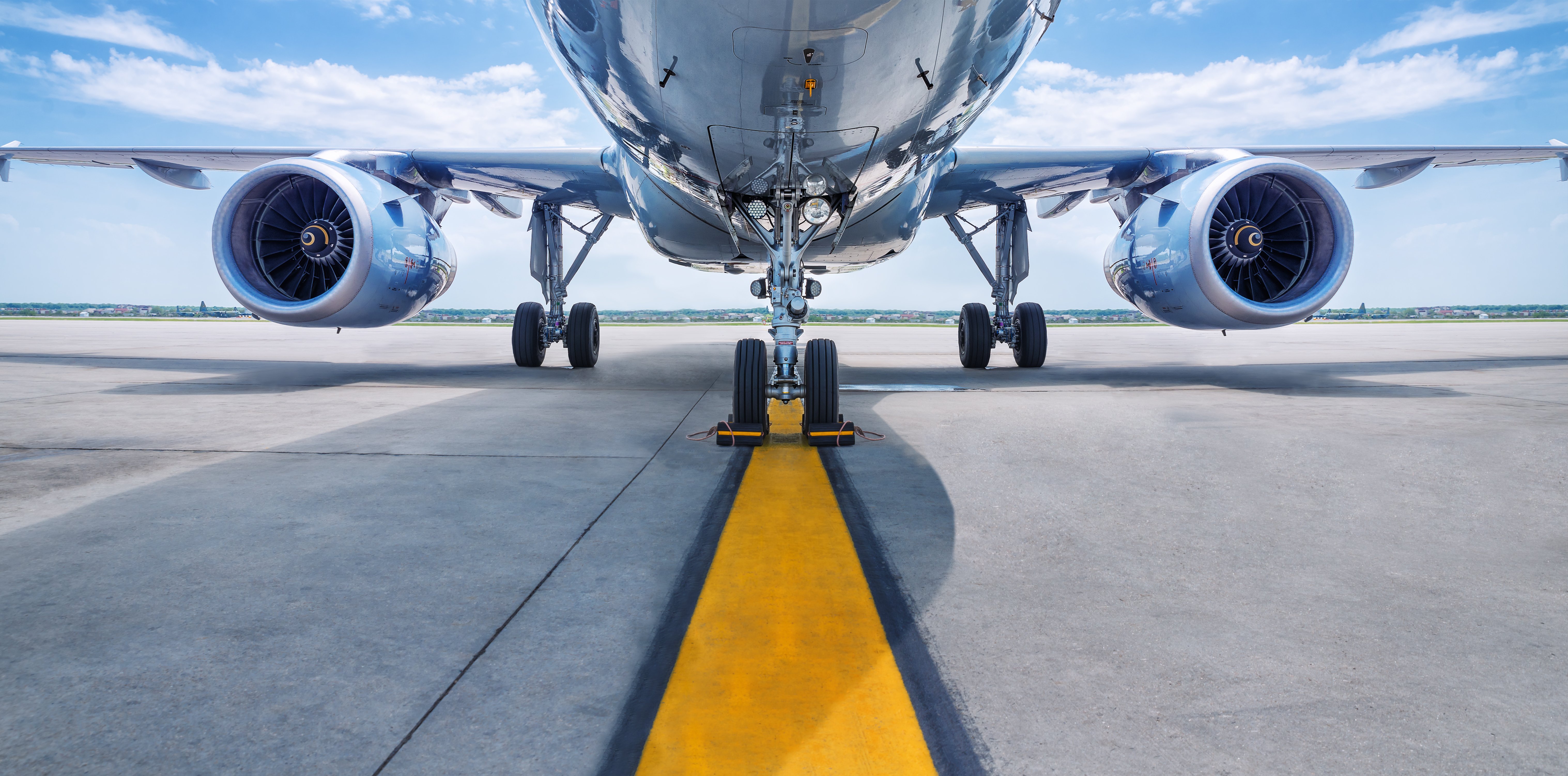

.jpg)

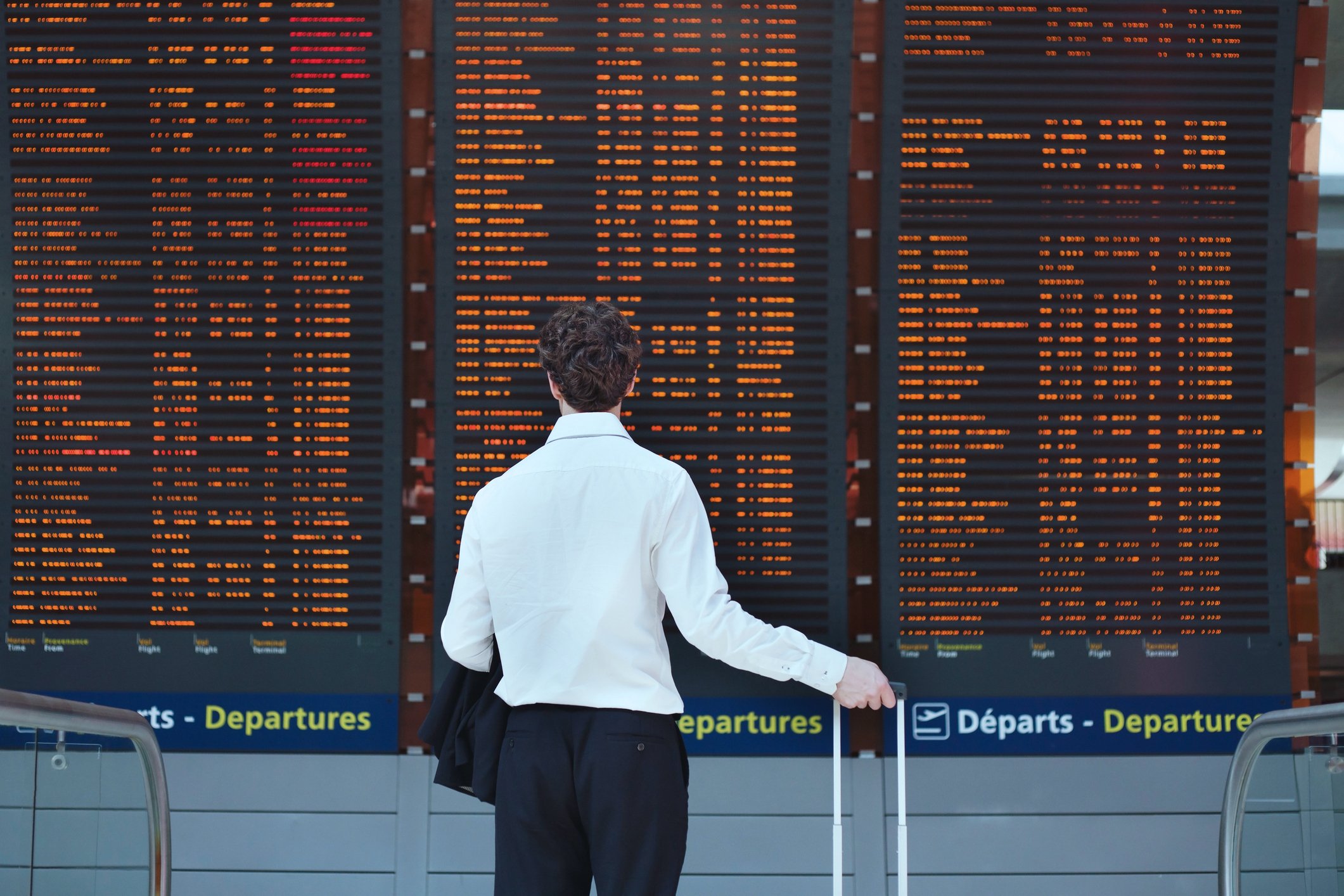

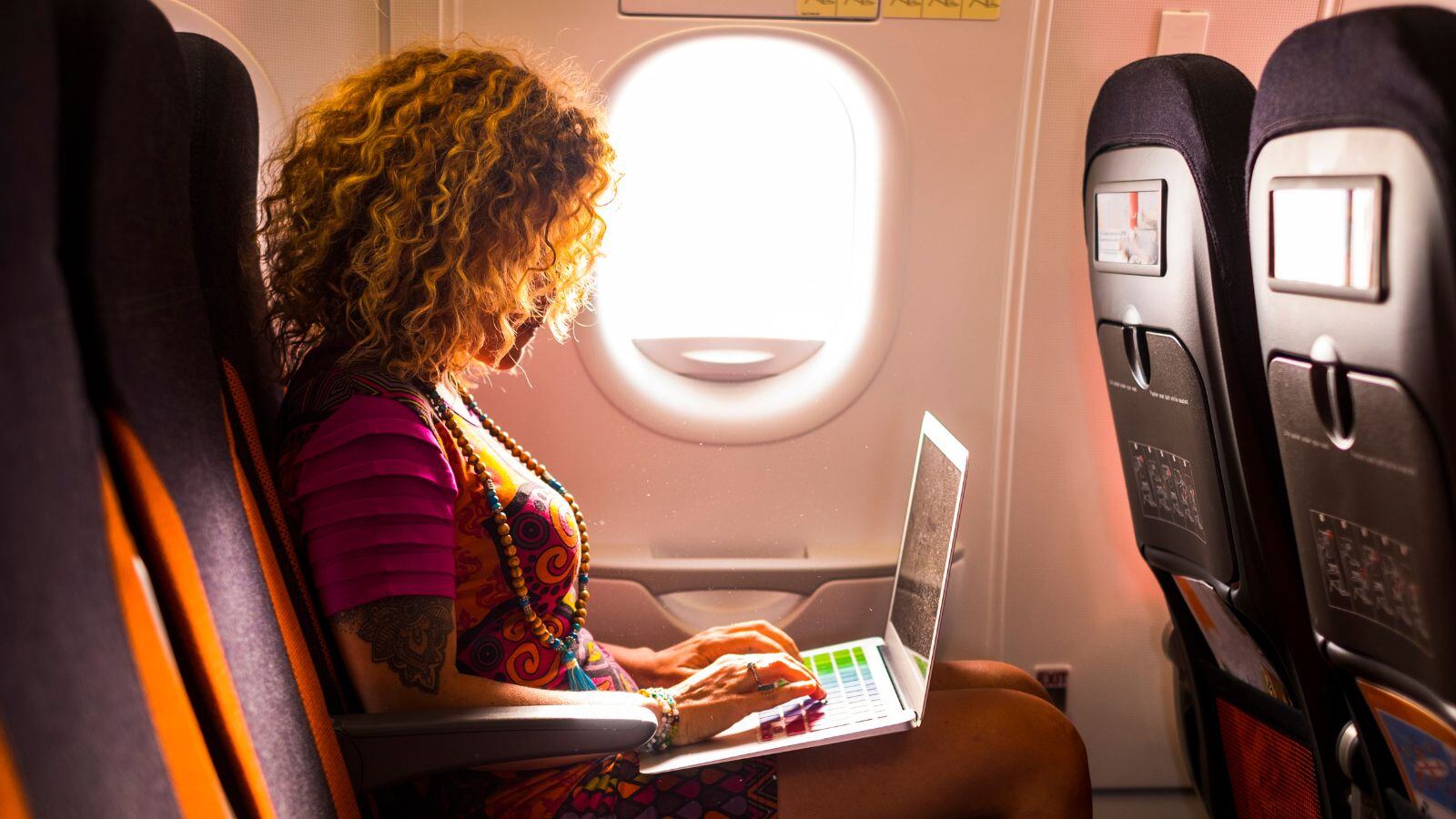
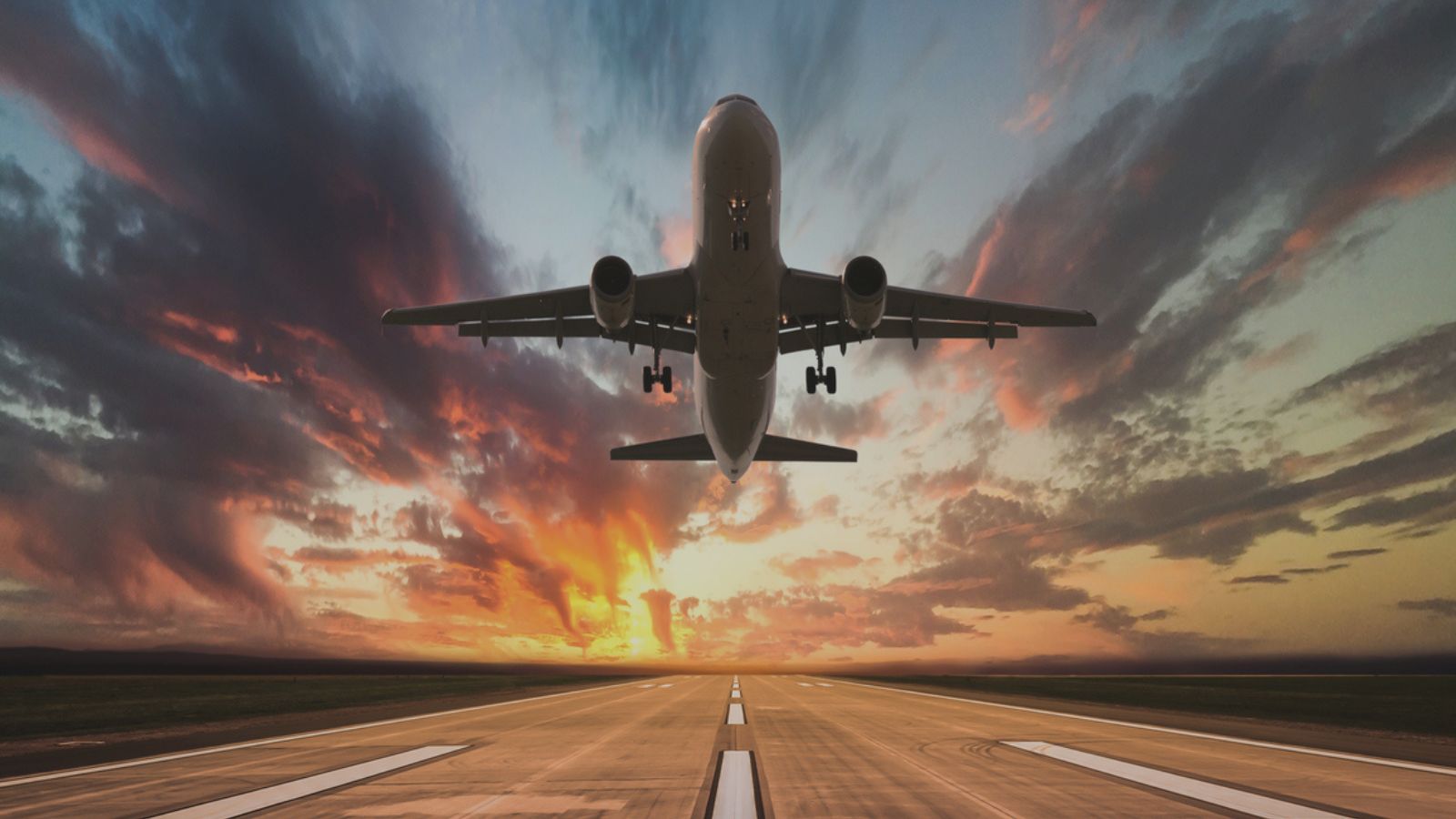
.png)







